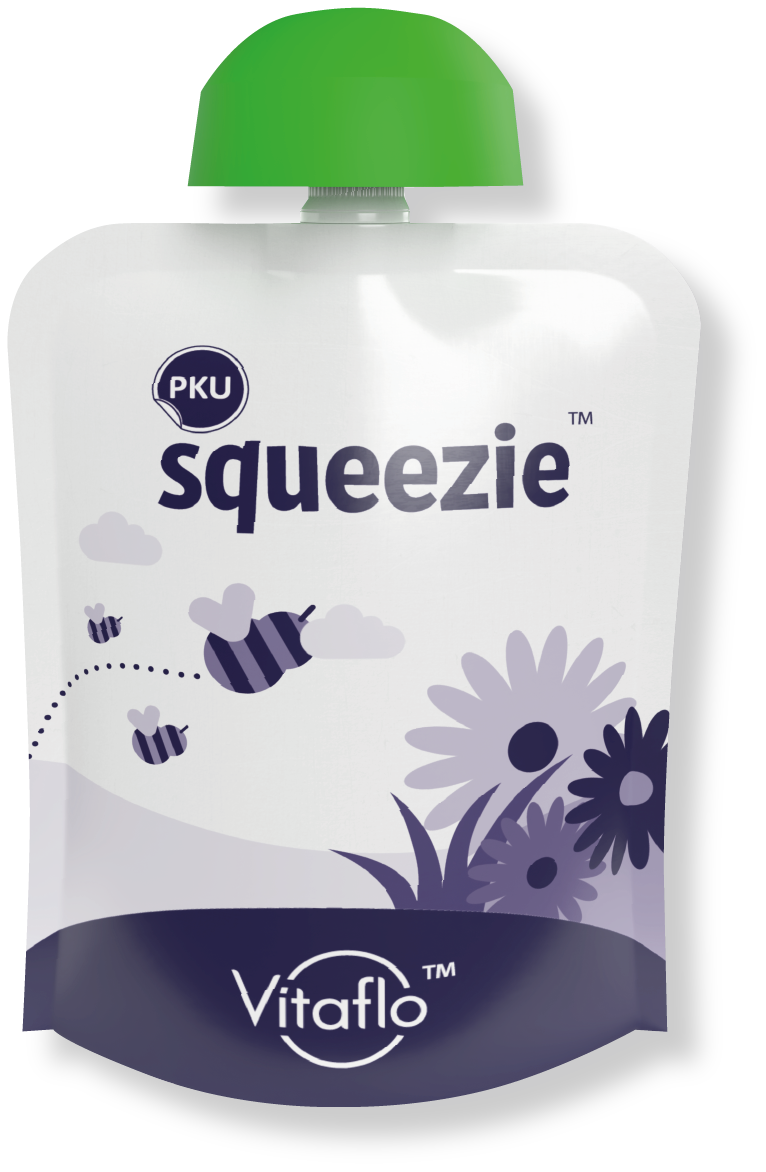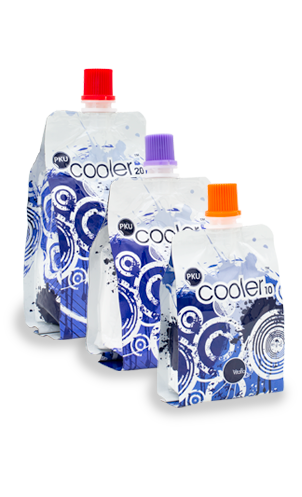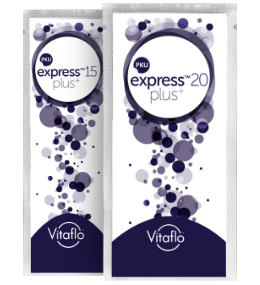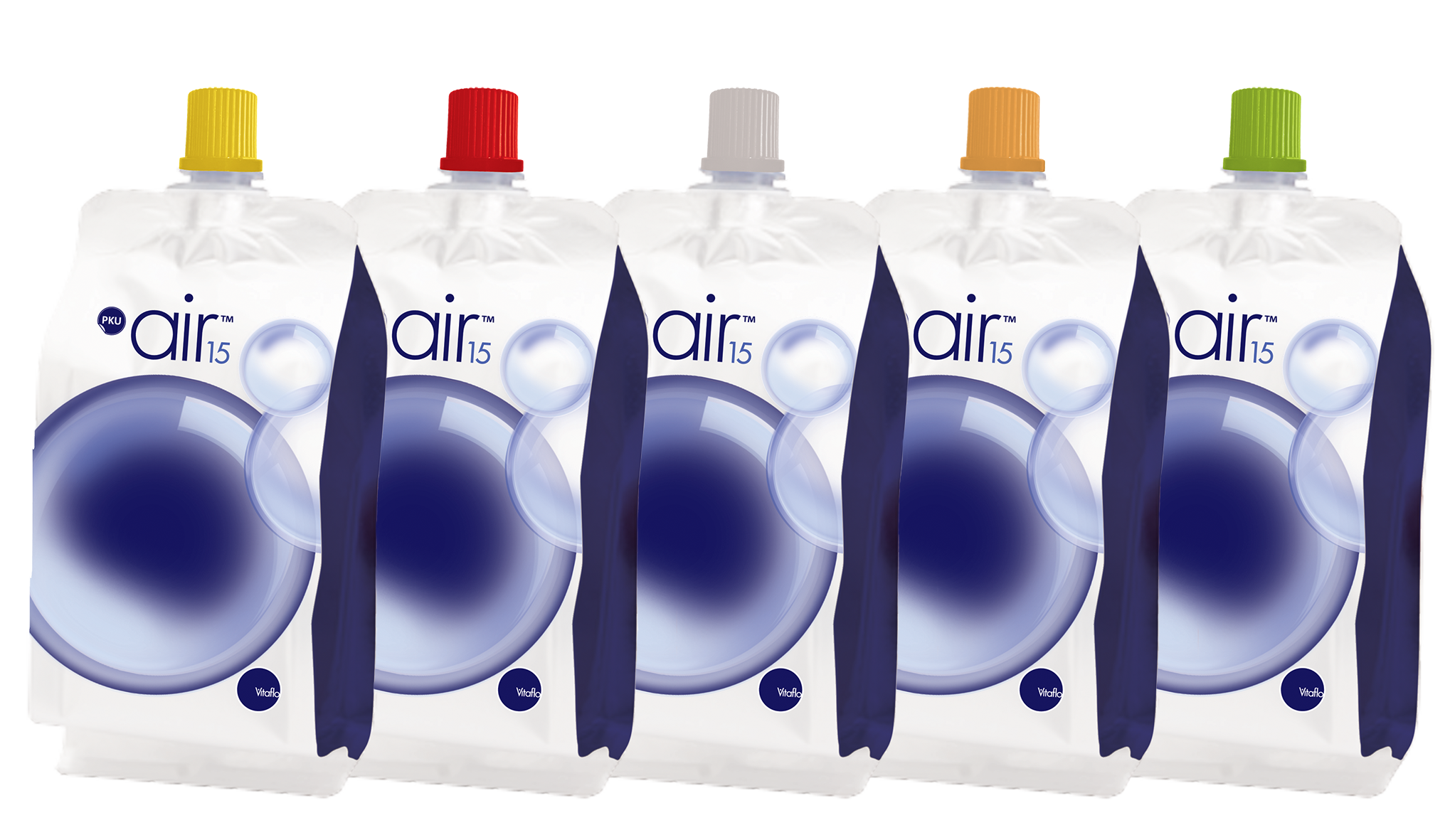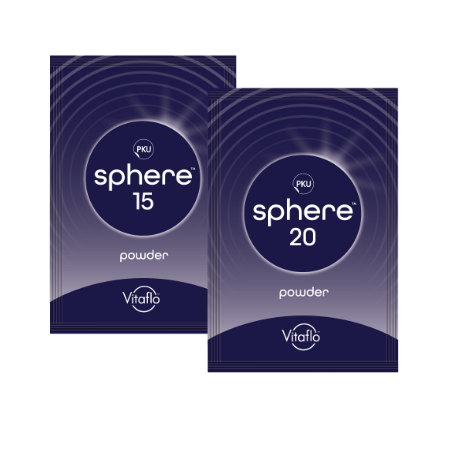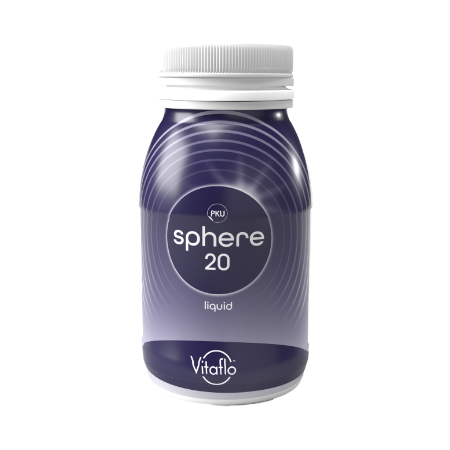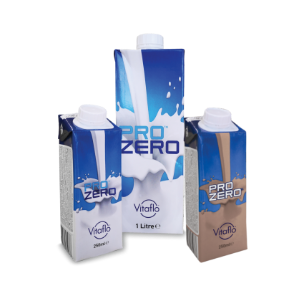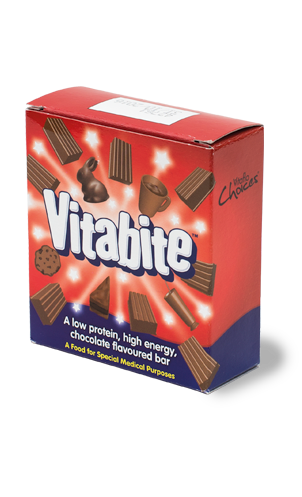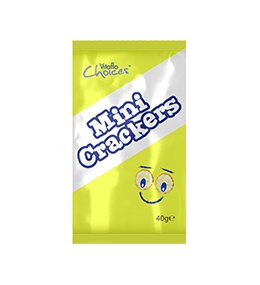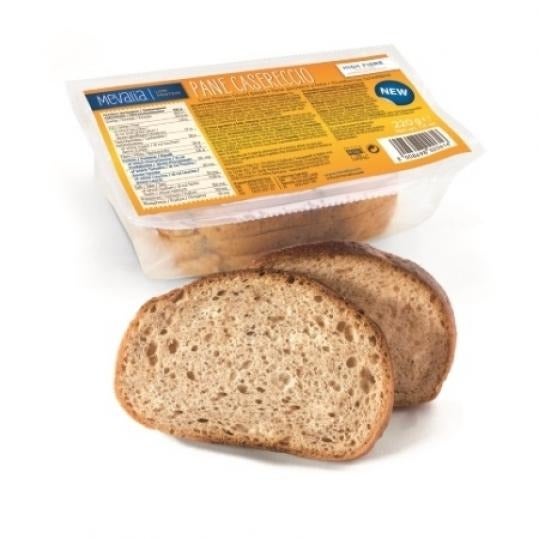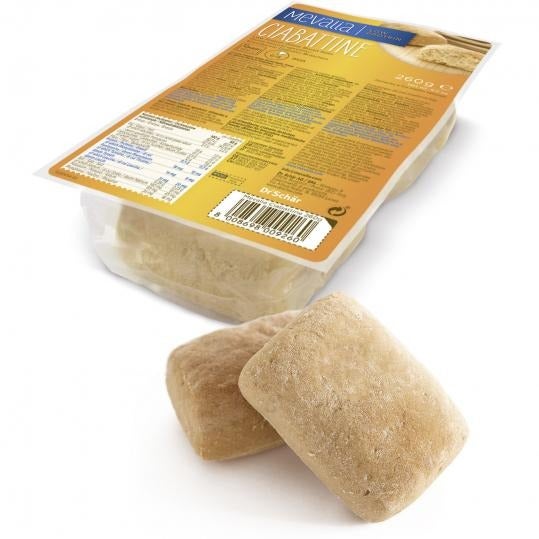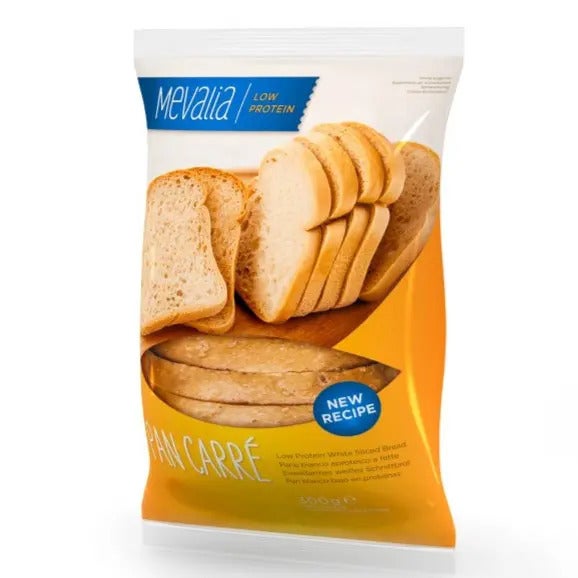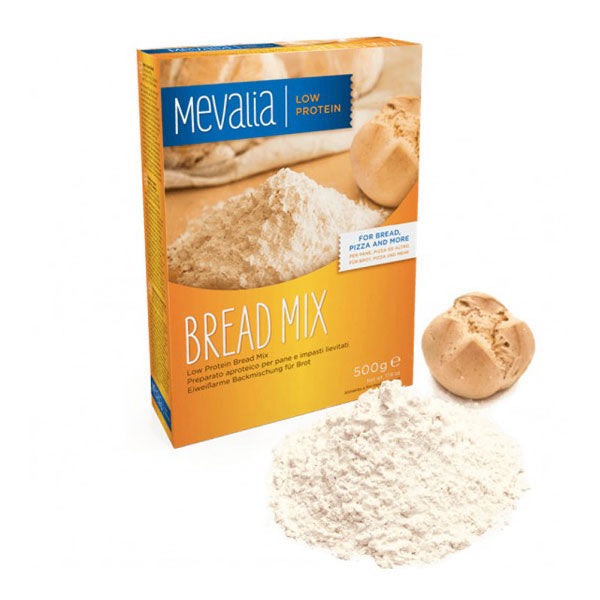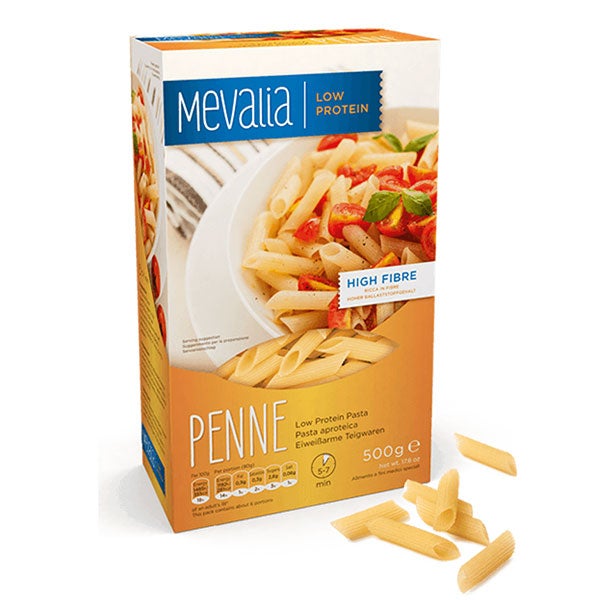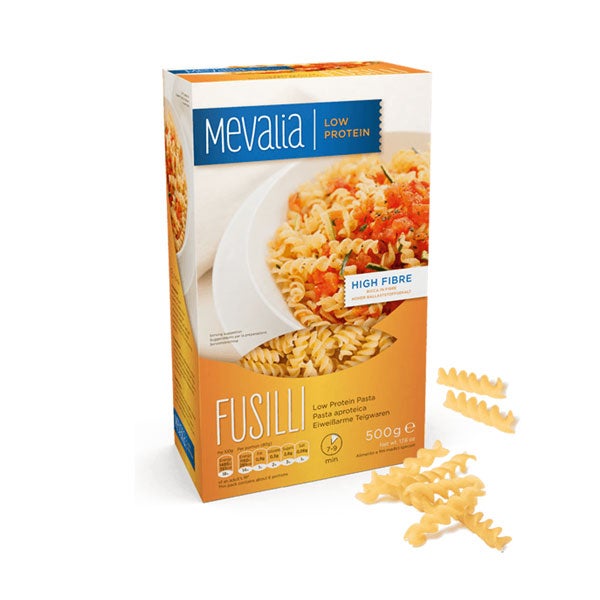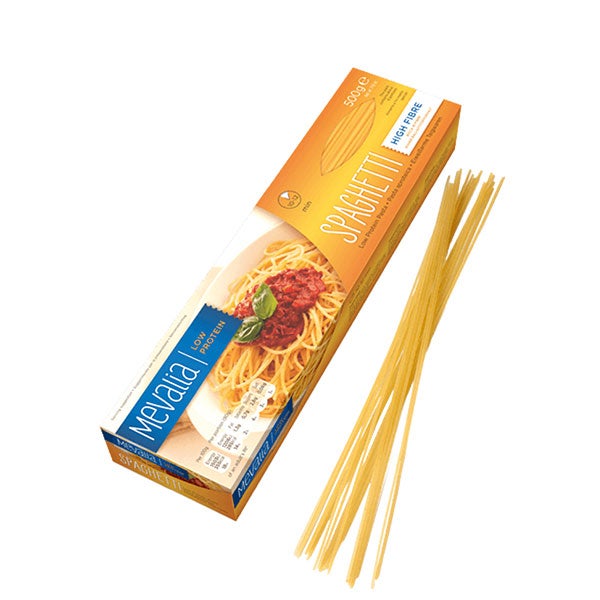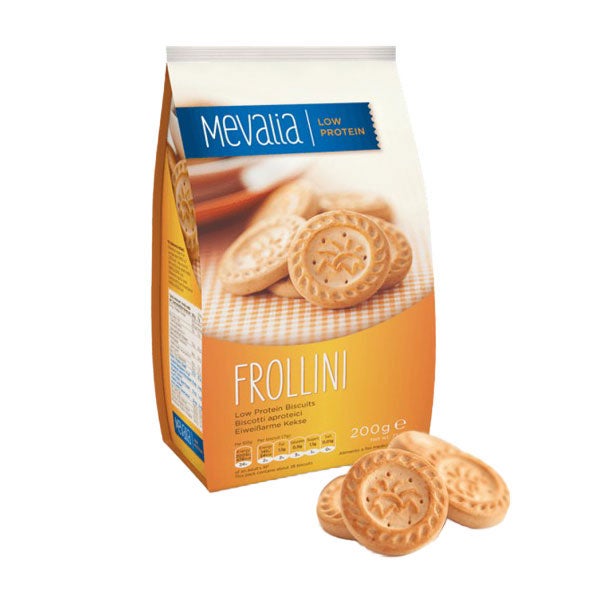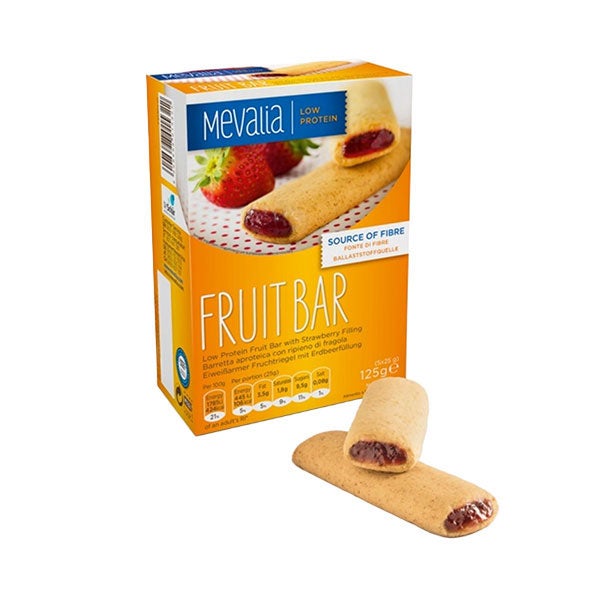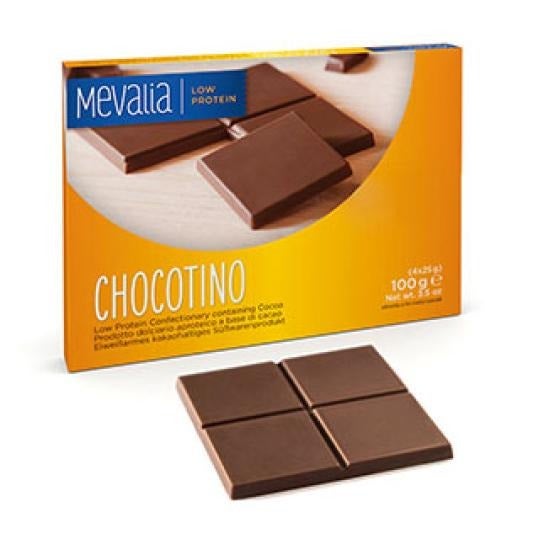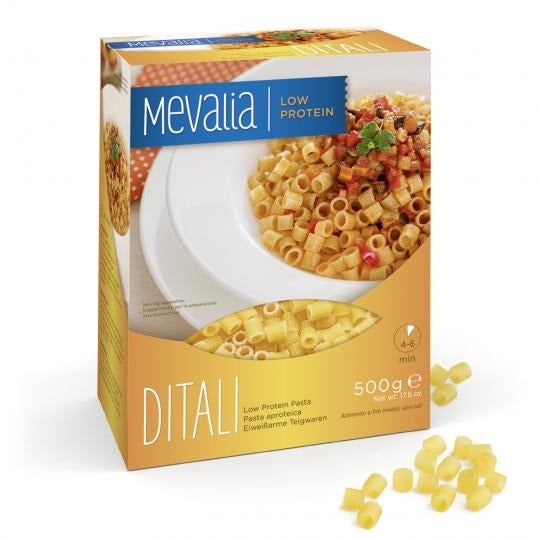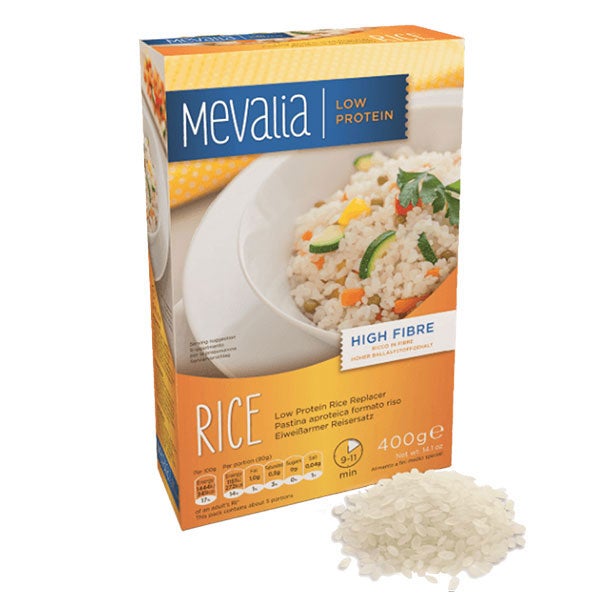What is a Protein Substitute?
The protein substitute is a vital part of the dietary management that comes with having Phenylketonuria. If it’s something that must be taken every day for a lifetime then it should be simple and easy to take right? But oh, for some people it is not. Like many with PKU, I have really struggled to find a protein substitute that’s right for me and that is mainly down to the smell and taste.
Taking the Protein Substitute
Over the years my protein substitute has changed many times. From birth I took a concoction of different canned powders, which in my house formed the nickname “mix”. Unfortunately, it was not a “mix” of lovely flavours, it was disgusting. The only way I could drink it was in a baby bottle to mask the smell. The teat of the bottle allowed the protein substitute to go straight down the back of my throat without really tasting it. Whenever I was unwell or tired, I remember I would crave my “mix” in some way. I felt like it smoothed me.
I was very particular about the temperature of the “mix”. It had to be cold, so to my mother’s dismay she would make it up in the morning then refrigerate all three drinks for the day. This then made it difficult for days out and holidays. My mother would keep it in a cool bag for outings, but sometimes I would not be happy with the results and refuse to take it.
When going on holiday my family would have to take a huge extra case with all the cans of protein substitutes and low protein foods. If we were on holiday that did not require flying, my mum would have a portable mini fridge on hand to take with us, making sure I was cared for. My mum went above and beyond to make sure I was taking my protein substitute. It was paying off too, I was growing appropriately for my stage of development and my phe levels were stable. The PKU was very well managed. Then the carpet was pulled from under me. One of the powders was being discontinued. The panic set in for my poor mum! ‘What are we going to do?!’
My team at Ninewells hospital were amazing at supporting us. They were committed to helping me try different PKU protein substitutes, such as other shakes and bars. Of course, I did not like any! Even using my baby bottle, the smell and texture would make me sick. It was becoming very problematic.
Protein Substitute Tablets
I was about to start secondary school when I heard about protein substitute tablets. I was so excited to try these, because there would be no horrible taste, no baby bottle and I thought it would be more socially acceptable. So, I took 75 tablets a day to start with. It was difficult to find the time to take all these tablets. The tablets worked well on days out as I could take them with me in my bag and have them anytime. Going on holidays there was the same problems as the “mix”, but the tablets were also a lot heavier which made it difficult when traveling with cases and carrier bags.
A problem that presented itself was when I missed them. I would have to take great amounts all at one time. This then led to me having severe abdomen pain. In my teenage years, I was quite rebellious. I started to skip my tablets by hiding or flushing them down the toilet. This really had a great effect on my wellbeing and cognitive abilities. After leaving school I progressed onto college. Whilst there, I continued to fail to take my tablets. This affected my course work, my concentration and my attendance. Things were not great with my PKU, I was struggling to stay “on diet” and I was falling apart.
Taking PKU cooler
My dietitian contacted me about a new protein substitute called PKU cooler that comes in different flavours. When I tried the white unflavoured one it changed everything. It tasted like my original “mix” that I have missed all these years. So, from that day it was back to the baby bottle and three a day.
My friends and family said it was like I was a new girl. I was more energetic, I had a happy appearance, my course work was improving, and I never missed a day of college. The second year of college, I was a different student. This then led me to progress onto further study at university. Things were going great. Although the travel issues were still the same and I still preferred my protein substitute when chilled. The hardest thing I found with the way I took PKU cooler was the baby bottle, I had to hide it away when I took it as I felt embarrassed. Even with these minor inconveniences, it still was the best option available.
Moving onto PKU sphere
I was visiting my team for my annual clinic when a Vitaflo representative was there, who introduced me to a new protein substitute. At first, I was not that interested as I had my PKU cooler and it wass working well. It was made with Glycomacropeptide (GMP) and was called PKU sphere. It is a powder that’s made up with water. It tasted lovely, like a vanilla milkshake and I was able to take it so quickly. I now drink a combination of PKU Sphere and PKU cooler. The cooler has a hold on me as I still crave the taste when I am feeling tired or sometimes poorly.
So here we are now, I have been taking PKU sphere for 2 years now and loving it. I feel like I am more alert and it is not that heavy on my stomach after consuming it. It also looks like a diet shake, so it appears more socially acceptable.
My benefits of PKU sphere:
- It’s very light for travelling as it’s a powder form in sachets
- It’s easy to take when you’re out and about as all you need is water
- It comes in lovely flavours so there is no off-putting smell
.
- I can drink it fast!
Life is worth living, I don’t want my PKU to get in the way. Having the wrong protein substitute can dramatically impact the quality of life you have. Make the right choice for you.



